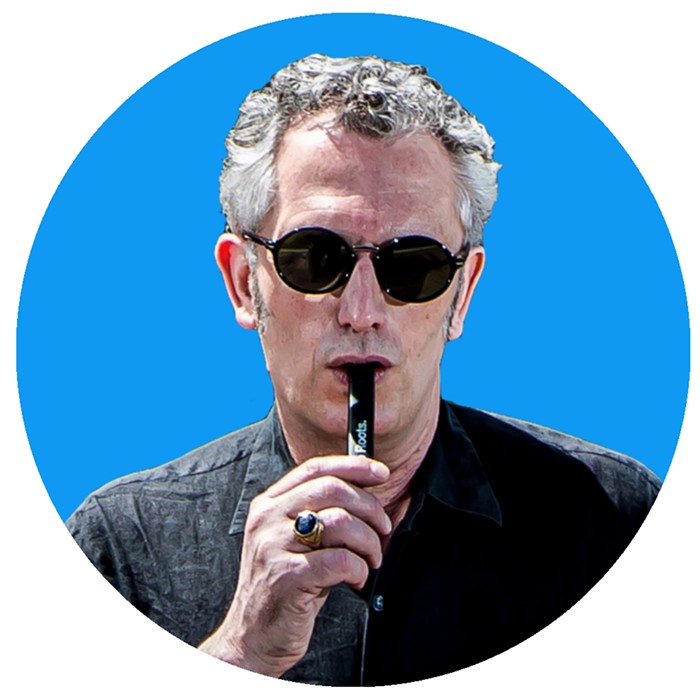LIKE MANY AMERICANS, I have more than one job. I pen this column, and I work in the "music industry," or what's left of it. I'm writing this while serving as tour manager on a 17-day, 15-date tour of 10 Southern states, piled onto a tour bus with eight humans and one longhaired German shepherd.
You may assume that those involved in the rock and/or roll industry are weed friendly. Spoiler alert—they are. Musicians, sound engineers, security, and kitchen and bar staff are frequently herb enthusiasts. But it's what I've been hearing outside venues that's been eye-opening.
Because it's the South, most everyone has been friendly and outgoing, and inevitably people ask where I'm from.
"Portland."
"Oh, you just made pot legal, right?" virtually everyone responds. Uber drivers, bellhops, public radio staff, young and old, they all associate Portland, first and foremost, with the passage of Measure 91.
I say yes, and ask how they feel about it. Most reply with, "Well, sir, ah tell ya..." and then have a fairly consistent viewpoint: It makes sense from an economic perspective, the police have more dangerous people to pursue, and if pot is used responsibly, why not legalize it?
In Nashville, the hotel clerk, glancing at my check-in forms, said he was "jealous that [I] live in such a progressive place on drugs and gays."
In Memphis, the grandmother behind me at the store asked if it was true that cannabis could soon be purchased "like coffee at Starbucks," and how wonderful that would be. "Just wonderful."
In Jackson, the clerk at the liquor store checked my ID and said he would love to open a "weed store."
And then there was the cab driver in Lexington, with dreads past his waist. He beamed at me, ruffling through a briefcase on the seat next to him. He pulled out a picture of himself with the mayor of Louisville, holding a plaque. He explained he was the head of the medical marijuana group in Louisville, and why it was so important for his neighbors and friends to have safe access. His city has some of the highest rates of cancer per capita in the South, he said, and he'd seen cannabis bring relief to the sick and, sometimes, dying. He said the results were undeniable. He spoke of how things were changing everywhere, even in Kentucky.
His shift was over after he dropped me off at the tour bus, so he turned in his cab and rode up on a bicycle 20 minutes later. He pulled out an honest-to-Jah hot dog-sized spliff, said it was "Pink Afghani," and toasted the sky after lighting up. "No suffering, no jail, only peace and health with the sacred herb."
Amen to that.














